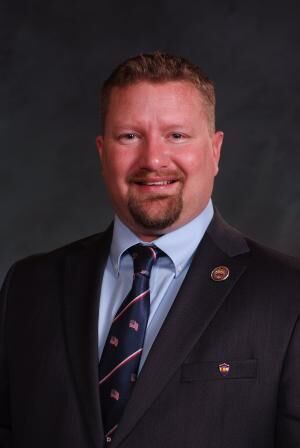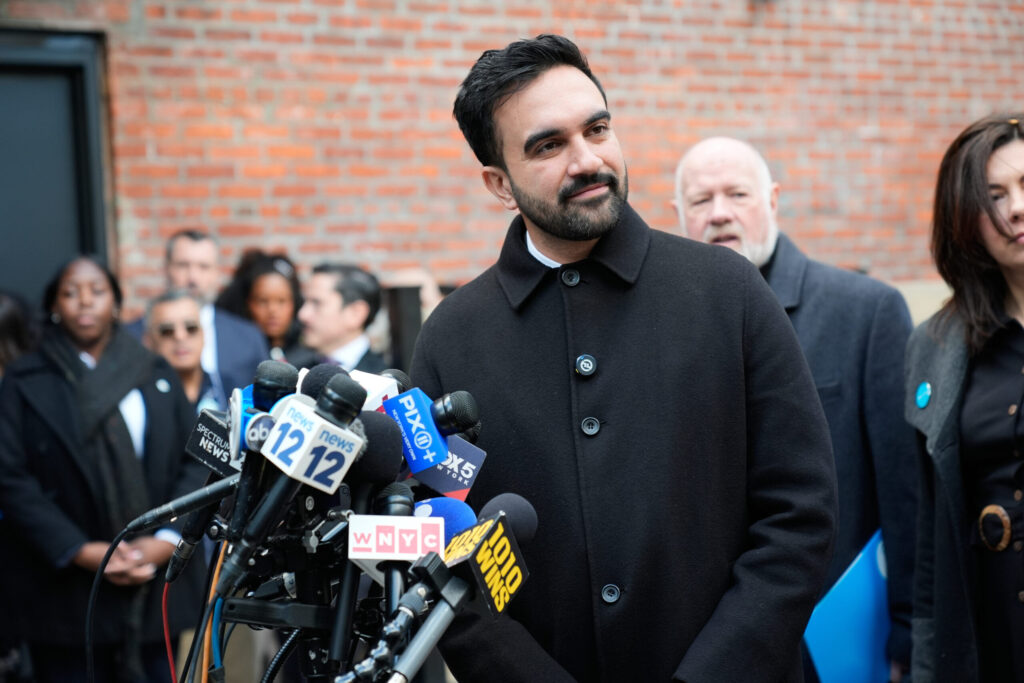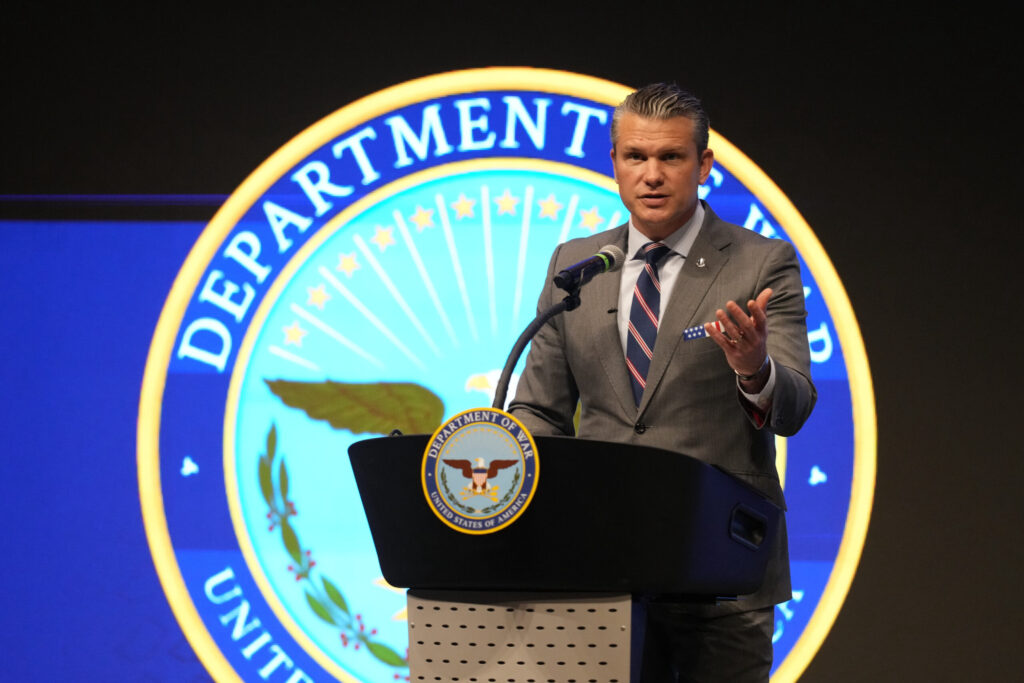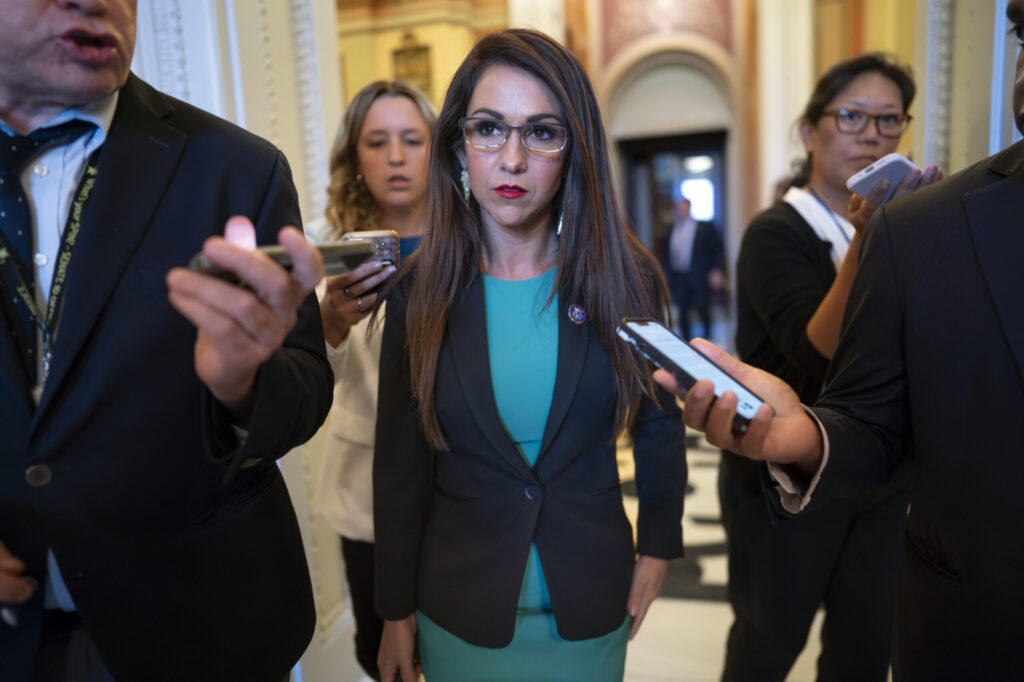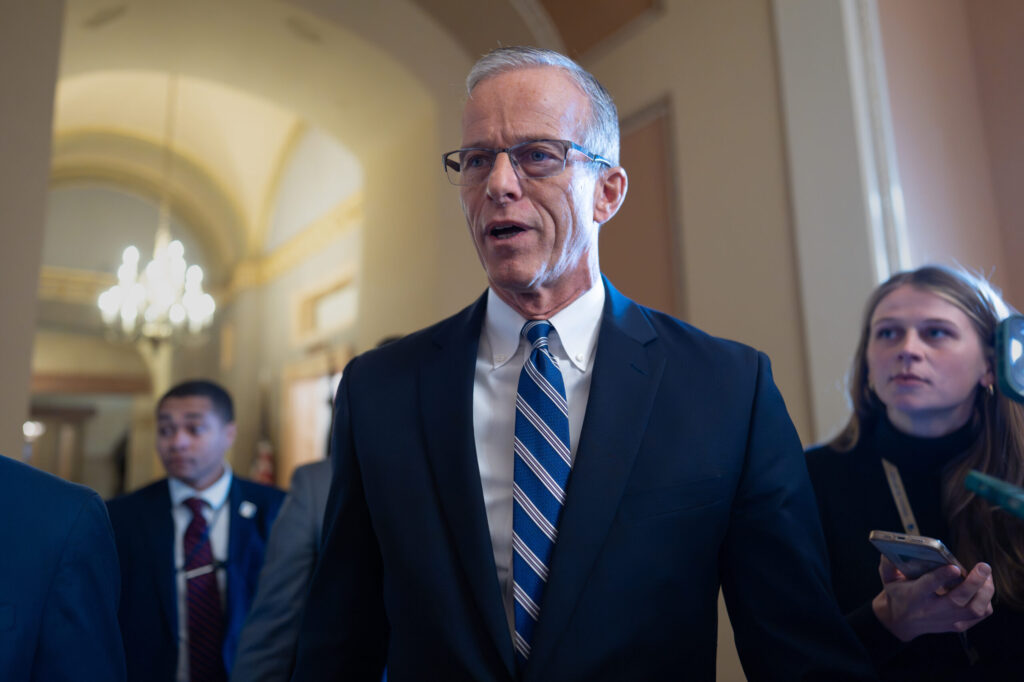Aurora City Council moves forward with allowing police to use facial recognition
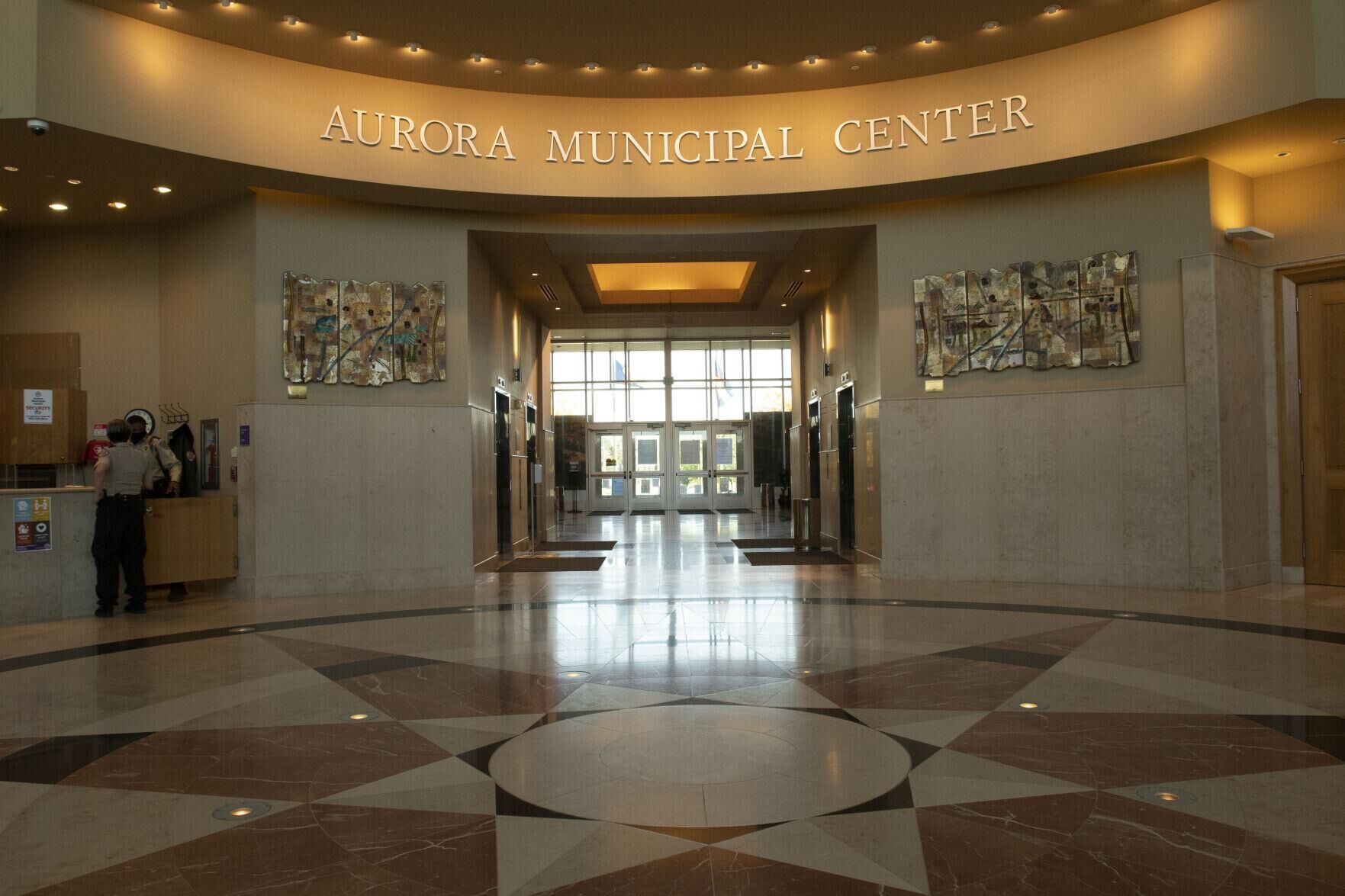
Aurora councilmembers moved forward Monday night with a measure that, if passed at a future regular City Council meeting, would allow Aurora police to use facial recognition technology to help them solve crimes.
Monday night’s meeting was still held online after a special meeting Saturday in which Mayor Mike Coffman urged the council to go back to in-person.
Council meetings have been online since June, when councilmembers voted to meet that way until there is an official ruling from the court in the Kilyn Lewis shooting case.
The Aurora Police Department’s facial recognition technology would give police opportunities to enhance productivity, crime solvability, effectiveness and safety, according to council documents.
Councilmember Alison Coombs was the only councilmember to oppose moving it forward to a regular City Council meeting.
Aurora Police Commander Chris Poppe said facial recognition technology would not allow police to detain somebody simply by a photo match, but would allow investigators to use the technology as they would fingerprint technology or eyewitness testimony — to guide investigations.
In 2022, Senate Bill 22-113 laid out rules for law enforcement agencies that want to use facial recognition. Per the bill, APD has to have permission from the council to implement it.
The department is also required to hold at least three public meetings to hear community feedback and consider any issues raised at the meetings.
On APD’s website, there is a webpage about the department’s facial recognition use proposal, including a public feedback link.
As cameras go up in more places, including peoples’ homes and in stores, video collection has become part of police crime scene operations, Poppe said. Facial recognition would help them use video technology to their advantage.
“Cameras are everywhere, and oftentimes we have the benefit of having a criminal captured on some kind of film, either doing the crime or arriving or after,” Poppe said.
Authorized uses of facial recognition technology include the following, as stated by council documents:
- Supporting law enforcement in critical incident responses
- A reasonable suspicion that an identifiable person committed or plans to commit a crime
- Active or ongoing criminal investigations
- Mitigating imminent threats to health or safety
- Assisting in identification of a person without capacity to identify themselves
- Investigating tips and leads
- Assisting in the identification of potential witnesses or victims of violent crime
Unauthorized uses include to harass or intimidate someone, to violate constitutional rights, for civil immigration enforcement, or for ongoing surveillance or persistent tracking without a court order like a search warrant, Poppe said.
They are looking at two different vendors: Lumen and Clearview IA.
Aurora police are already working with Lumen, which is a system that can compare a single “probe” image against criminal justice record images, and Clearview IA, which uses machine-learning facial recognition to search uploaded “probe” images against a database of more than 30 billion publicly available images.
Any police official granted use of the facial recognition software would go through training, which would include face comparison and identification training and facial recognition investigation training.
Training would cost more than $170,000 over the next three years, according to Poppe.
Councilmember Francoise Bergan said it will be a helpful tool in solving crime.
Coombs is concerned about the use of AI, she said, adding that the scope of investigative use for facial recognition is “broad.”
She did not support moving forward with approving the use of the technology.
Councilmember Curtis Gardner expressed concerns about false positive photo matches, saying he has read news stories about people being falsely detained.
False positives are dealt with a lot from human witnesses, Poppe countered, saying the use of AI would likely be a more precise tool than relying on human memory, he said.
A photo match coming back does not give probable cause for detaining someone, Poppe added, saying it just helps investigators do further investigation.



